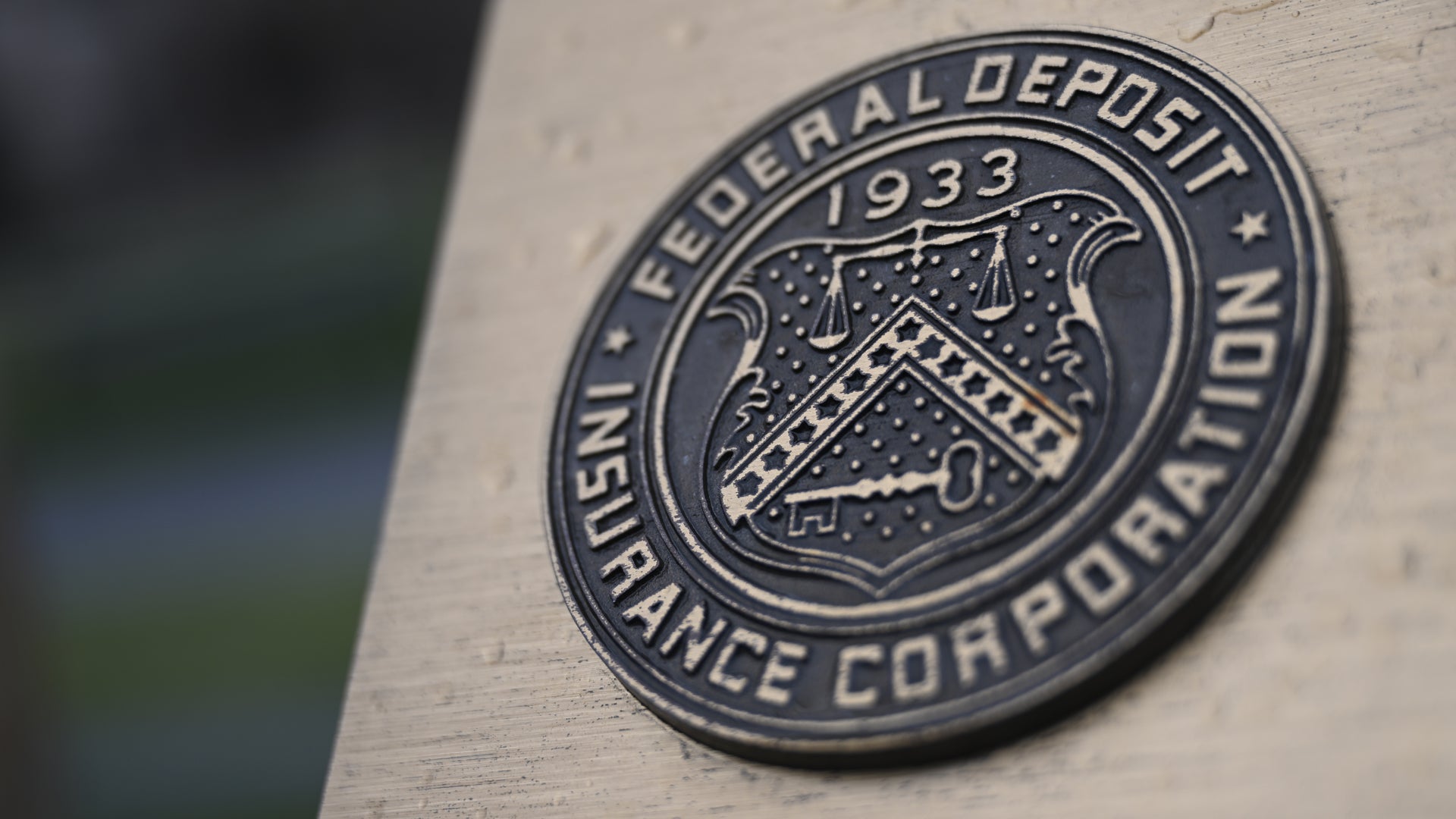Heartland Tri-State Bank of Elkhart, part of the ongoing crisis in the U.S. banking system, was closed on July 29 by the Kansas Office of the State Bank Commissioner, and the Federal Deposit Insurance Corporation (FDIC) took control.
The FDIC stated that on July 31, the bank’s four branches would reopen as branches of Dream First Bank during regular business hours.
Depositors of the failed bank would become customers of Dream First Bank, and all transactions, including withdrawals, deposits, and loans, would be processed through the acquiring bank.
Customers were advised to use their existing branch location until the transition was complete.
This collapse marked the second bank crisis of the week, following the merger of PacWest and Banc of California on July 25, as both institutions attempted to stabilize amid the turmoil in the banking industry.
Rising U.S. interest rates and poor risk management were believed to be the primary reasons behind the bank’s failure, alongside the inflation surge.
READ MORE:Revealed: The Best Crypto Marketing & PR Agency
The U.S. Federal Reserve had raised its benchmark rate to 5.25% in July, the highest rate since 2007, in an attempt to tackle inflation, which reached 4.1% year-over-year in June.
As of March, Heartland Tri-State Bank held approximately $139 million in total assets and $130 million in total deposits.
Dream First Bank agreed to purchase all the assets of the failed bank, with the FDIC estimating that the cost to the Deposit Insurance Fund (DIF) would be $54.2 million.
The DIF, created in 1933 by Congress and managed by the FDIC, aims to protect deposits in the nation’s banks.
The FDIC noted that Dream First Bank’s acquisition was the least costly resolution for the DIF compared to other alternatives.
In response to the recent failures at major banks, Democrats in the House Financial Services Committee introduced several bills in June aimed at strengthening the safety and soundness of the banking system and enhancing bank executive accountability.
Representative Maxine Waters emphasized that Congress must take action to address these failures promptly.
The collapse of Heartland Tri-State Bank follows the troubled First Republic Bank’s acquisition by JPMorgan in May and the dramatic collapse of Silicon Valley Bank in March, both of which had caused significant disruptions in the U.S. banking system.
These events underscore the urgency of addressing the challenges faced by financial institutions and the need for measures to stabilize the banking sector.
Other Stories:
Why Didn’t Bitcoin (BTC) Enter a New Rally?
SEC and Binance Oppose Eeon’s Intervention in Crypto Exchange Lawsuit
3 Best Crypto Projects That Will Boom In 2023 & The Next Bull Run




